Join the community
Thought Leadership Centre
Most Read
1. Singapore to slash CDC vouchers as Budget 2026 pivots to defence 2. Budget 2026 to surge tech funding as ageing workforce squeezes growth: analysts 3. OCBC and UOB to reverse year-long NIM slide in Q4 4. E-ang bao use jumps nearly 50% in 2025 as seniors ditch red packets: OCBC 5. UOB set for growth as DBS, OCBC earnings hold steady: reportResource Center
Awards
Apr
14
Event News
Singapore Business Review Management Excellence Awards 2025 Winner: Moninder Jain of Logitech Singapore Pte Ltd
Moninder Jain of Logitech Singapore highlights how human and AI collaboration strengthened the company’s market position.

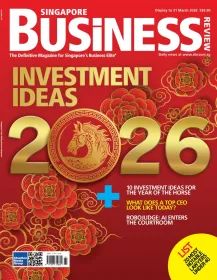
 Advertise
Advertise
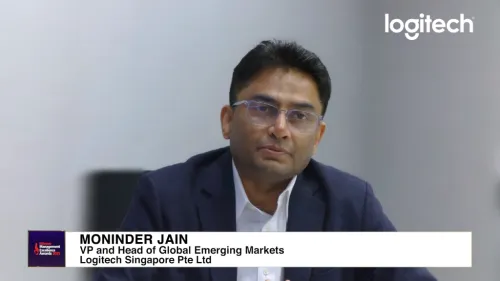



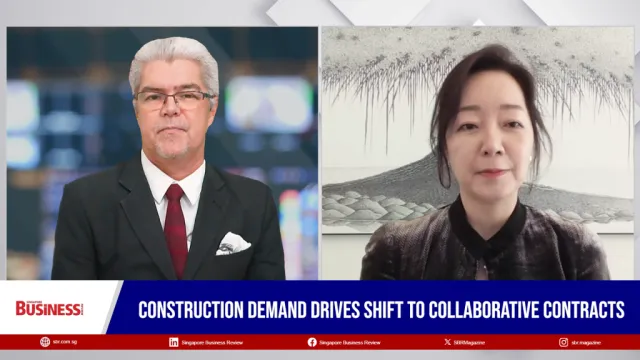
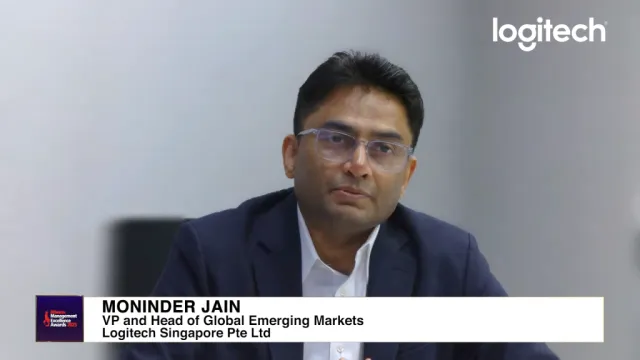
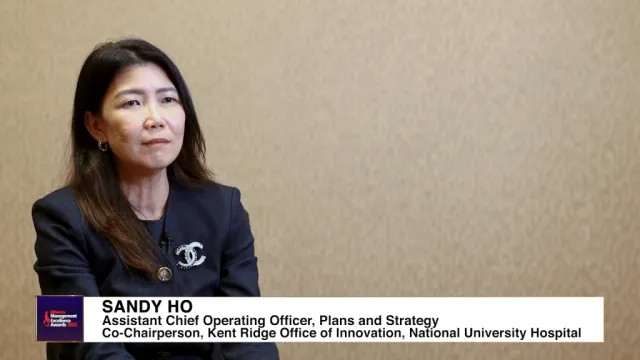









Commentary
Why the Executive Assistant is important to today's businesses
Why the Executive Assistant is important to today's businesses
8 ideas for retail businesses to increase footfall off the Pokémon Go craze
Why Singapore investors need to watch the silver market
What Singapore's PMEs need to remain job-relevant in a changing economy
Singapore in good stead for digital innovation
Rethinking and redesigning candidate assessments in the digital era
What Singapore banks need to know about protecting privileged accounts
Game on: How Singapore can score in global sports events management
Why Singapore stands to lose the most from Brexit and Trump
Sales and Marketing get it, so why not HR?
Why is pasta so shiok?
National Library Board: Building social capital
Brexit to benefit Asia in the long run
Strategic planning, career growth, and the Singapore PME
Harbinger of hope – Qatar Investment Authority's purchase of Asia Square Tower One
What will the Michelin Guide mean to Singapore restaurants?
Should businesses in Singapore turn to portals for leads and sales?